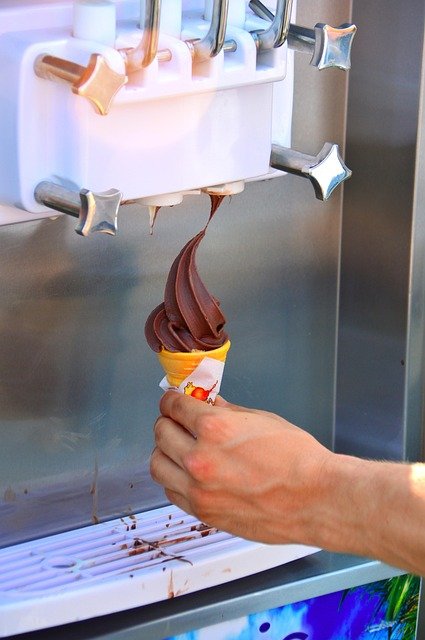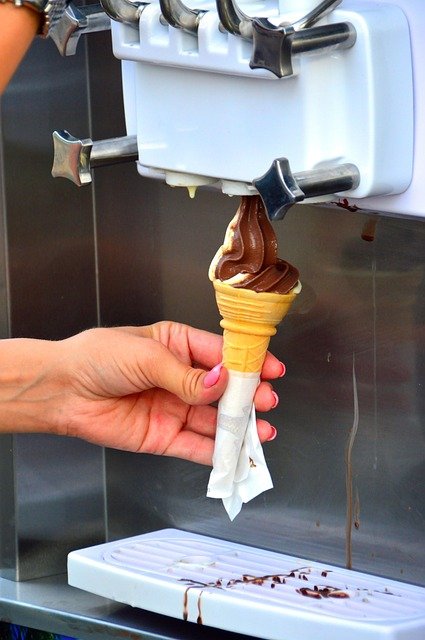Commercial Ice Machine Slow? Common Causes & Fixes
July 9, 2025 | by li, moniker

Why Is Your Commercial Ice Machine Making Ice Slowly?
Commercial ice machines are essential for businesses in the foodservice, hospitality, and healthcare industries, ensuring a steady supply of ice for beverages, food preservation, and medical applications. However, when a Commercial Ice Maker starts producing ice at a sluggish pace, it can disrupt operations and lead to customer dissatisfaction. Slow ice production can stem from various factors, including mechanical issues, environmental conditions, or improper maintenance. Understanding the root causes and implementing effective solutions is crucial to restoring optimal performance. This article explores the most common reasons behind slow ice production, preventive measures, and maintenance tips to keep your machine running efficiently.
Common Causes of Slow Ice Production
Several factors can contribute to a commercial ice machine producing ice at a slower rate than expected. One of the primary culprits is low refrigerant levels, which hinder the cooling process and reduce ice formation. Another frequent issue is scaling or mineral buildup on the evaporator plates, which insulates the surface and slows down heat transfer. Additionally, dirty condenser coils can restrict airflow, causing the compressor to overwork and decreasing efficiency. Finally, improper water flow due to clogged filters or malfunctioning water pumps can also delay ice production. Identifying these issues early can prevent prolonged downtime.
Environmental and Operational Factors
The surrounding environment plays a significant role in an ice machine’s performance. High ambient temperatures or poor ventilation can force the unit to work harder, reducing its ice-making capacity. Similarly, placing the machine near heat-generating appliances can exacerbate the problem. Another overlooked factor is water temperature—if the incoming water is too warm, the machine will take longer to freeze it. Businesses should ensure their Commercial Ice Maker is installed in a well-ventilated, temperature-controlled area and that water supply lines are insulated to maintain optimal conditions.
Maintenance and Preventive Measures
Regular maintenance is key to preventing slow ice production. Routine cleaning of the evaporator, condenser coils, and water distribution system helps maintain efficiency. Descaling the machine periodically removes mineral deposits that impede performance. Replacing water filters as recommended ensures proper water flow and quality. Additionally, checking refrigerant levels and inspecting electrical components can prevent unexpected breakdowns. Businesses should follow the manufacturer’s maintenance schedule and consider professional servicing for complex issues. Investing in a high-quality Commercial Ice Maker with self-cleaning features can also reduce maintenance demands and improve longevity.
When to Seek Professional Help
While some issues can be resolved with basic troubleshooting, others require expert intervention. If the machine continues to produce ice slowly despite cleaning and maintenance, it may indicate a refrigerant leak, compressor failure, or electrical malfunction. Strange noises, frequent cycling, or error codes are additional red flags. Technicians can diagnose and repair these problems efficiently, minimizing downtime. For businesses relying on ice production, partnering with a reliable service provider ensures prompt repairs and consistent performance.
Conclusion
A slow-producing commercial ice machine can disrupt business operations, but understanding the underlying causes can help restore efficiency. Common issues like refrigerant leaks, scaling, and poor ventilation are often to blame, but regular maintenance can mitigate these problems. Environmental factors, such as high temperatures and warm water supply, also play a role and should be addressed. When in doubt, professional servicing ensures optimal performance and prevents costly repairs. By taking proactive steps, businesses can keep their Commercial Ice Maker running smoothly, ensuring a steady supply of ice for their needs.
RELATED POSTS
View all


